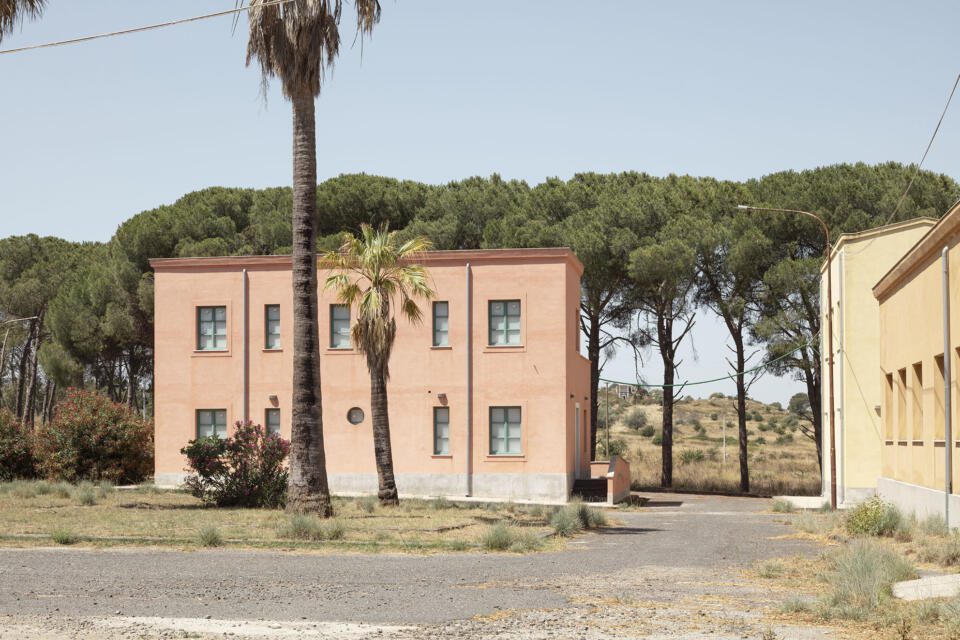Appel d'offres
Post-Master Course: Decolonizing Architecture
Royal Institute of Art in Stockholm, Stockholm, Sweden
Deadline: 15 April 2021
Towards an entity of decolonization, a project by Sandi Hilal and Alessandro Petti (DAAR), Photo: Luca Capuano, Borgo, Sicily 2020.
>Decolonizing Architecture at the Royal Institute of Art in Stockholm is a year long research-based postmaster course. The course uses the term decolonization as a critical position and conceptual frame for an architectural and artistic research practice, engaged in social and political struggles.
>
>In the Decolonizing Architecture Advanced Course, we engage in a collective endeavour in experimenting with decolonial approaches. We do this work in dialogues with guests, sites, concepts, texts, and, most importantly, with each other. Course participants are eager to experiment to find a community of peers and create a space to think together, to radically rethink trajectories and how to practice; or simply to find a way out of the non (or anti-)critical and commercial dimensions of the architectural profession.
